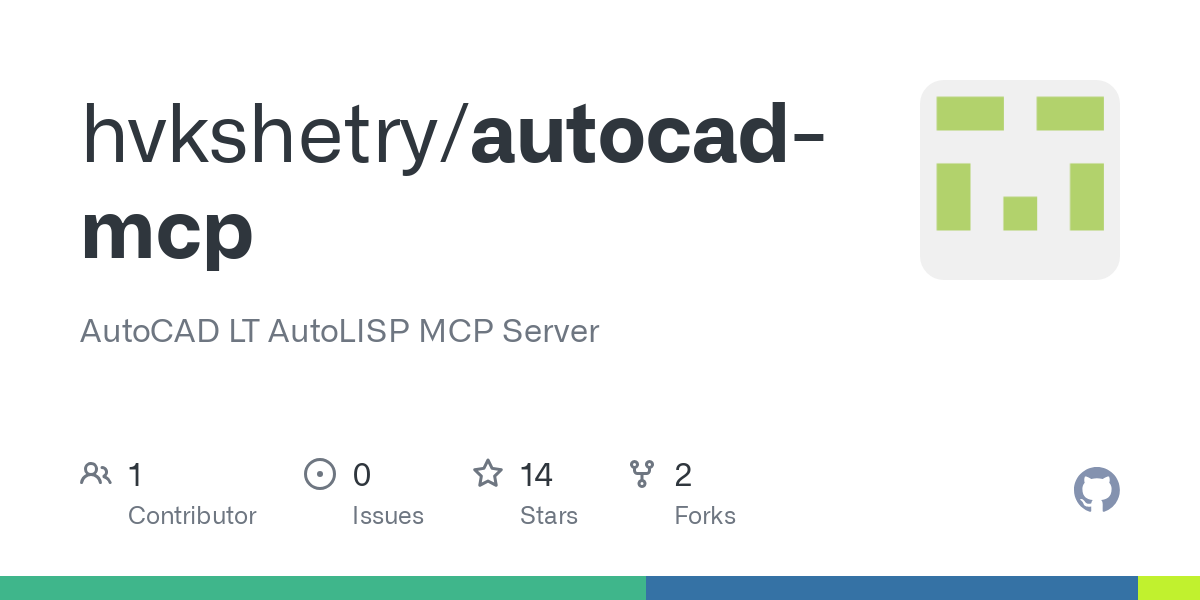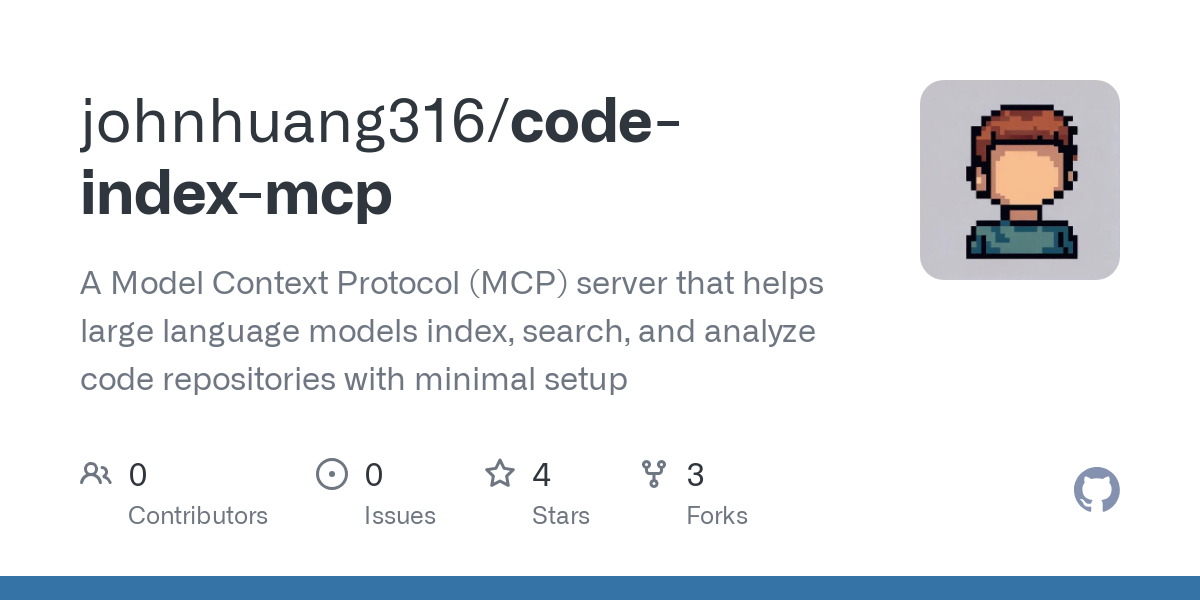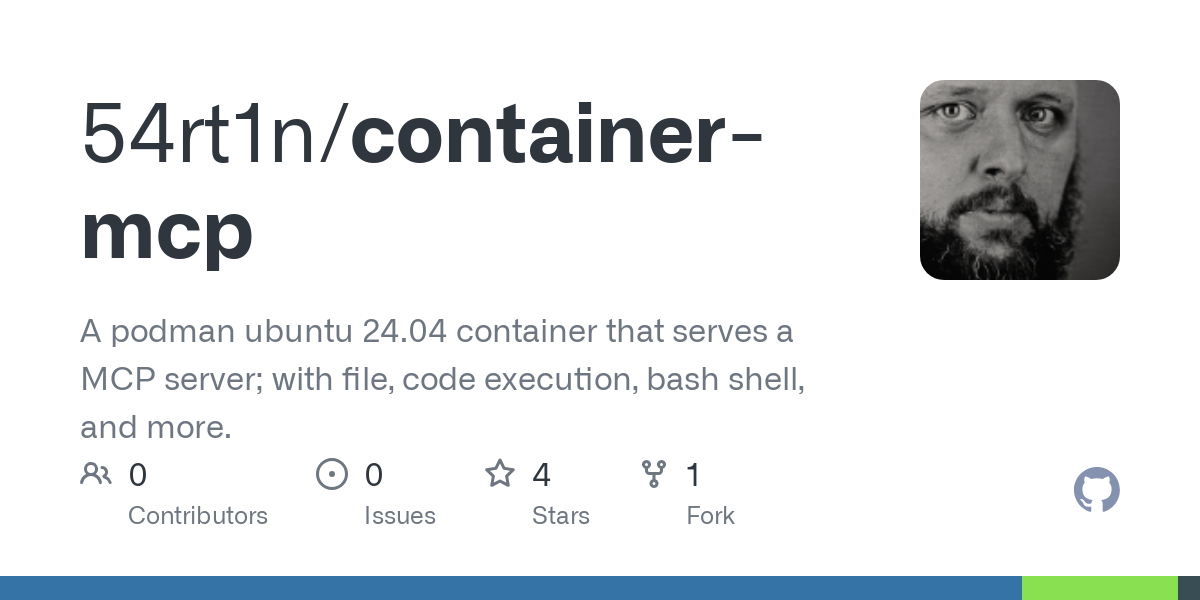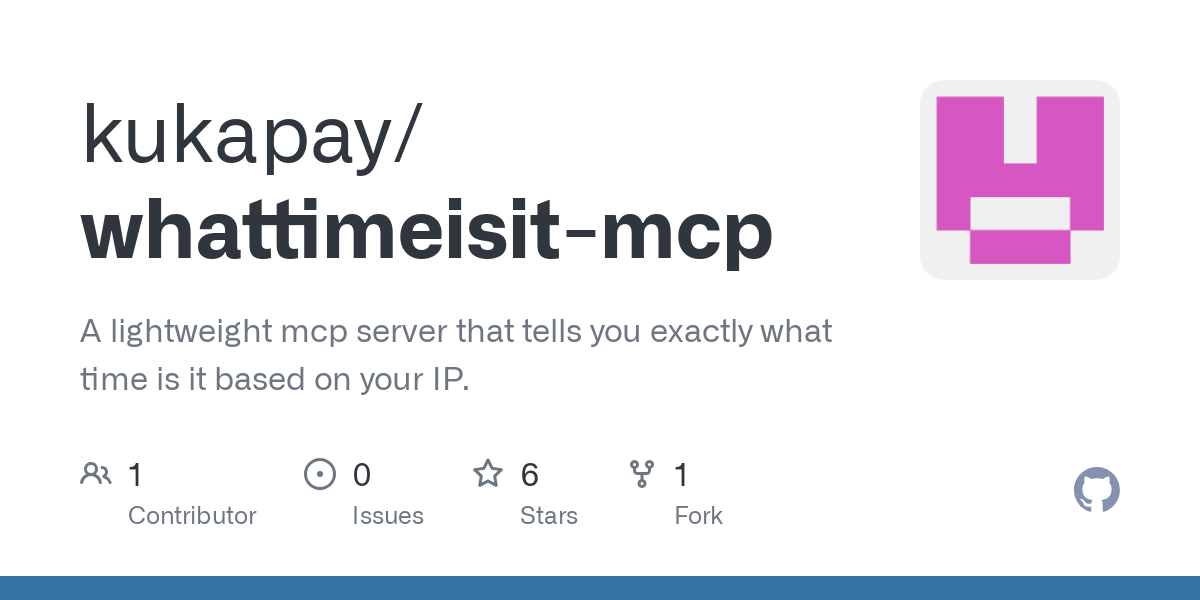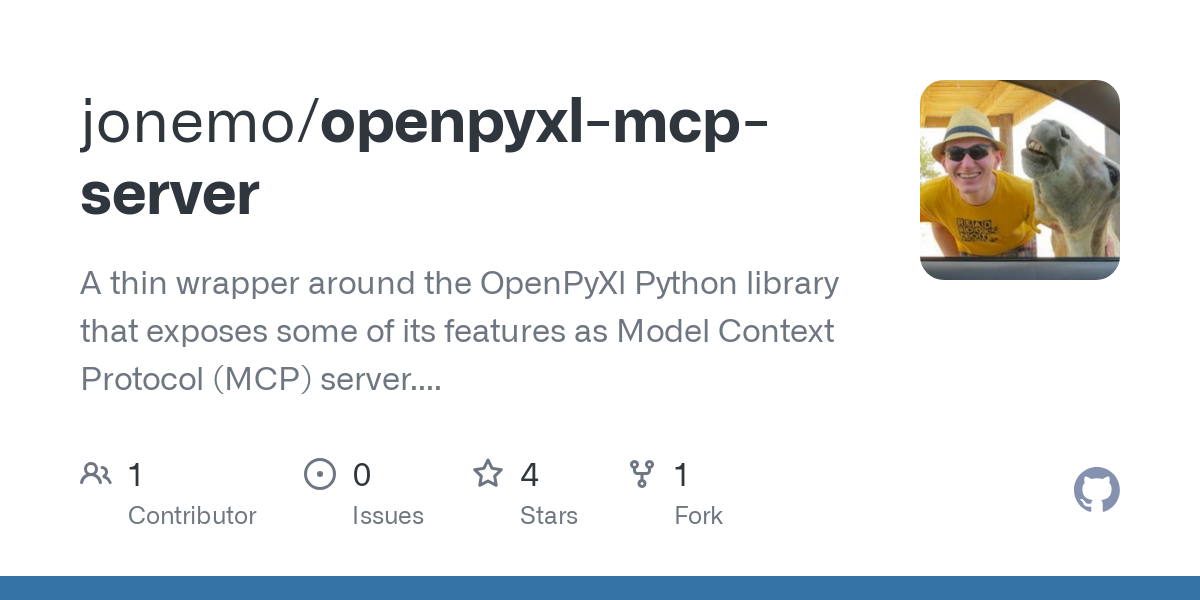All MCP Servers Complete list of MCP server implementations, sorted by stars
The Plex MCP Server provides a standardized JSON-based interface for automating and integrating Plex Media Server with AI systems and other tools. It supports multiple transport methods, including stdio and Server-Sent Events (SSE), and offers a rich set of commands for managing libraries, media, playlists, collections, users, and more. This server is designed to facilitate seamless interaction between Plex and automation platforms or custom scripts.
This project provides a minimal Message Control Protocol (MCP) server that integrates Anthropic's 'think' tool into Claude AI. The 'think' tool allows Claude to pause during response generation to consider whether it has all necessary information, improving complex problem-solving and policy adherence. The server runs as a standalone process, registers the 'think' tool, and returns structured responses for AI assistants to process. It is particularly useful for tool output analysis, policy-heavy environments, and sequential decision-making.
This MCP server bridges Claude or other LLM clients with AutoCAD LT, allowing users to create engineering drawings through conversational prompts. It generates and executes AutoLISP code, supports basic shapes, block insertion, layer management, and custom AutoLISP code execution. The server facilitates text-to-CAD functionality, making it easier to control AutoCAD LT using natural language.
Blowback is an MCP server designed to enhance frontend development environments by integrating with tools like Cursor. It captures browser console logs, manages checkpoints, and provides tools for browser automation, HMR event tracking, and log management. The server supports structured data flow between the development server, browser, and MCP client, making it a powerful tool for debugging and state management in frontend projects.
The Code Index MCP Server is designed to help large language models (LLMs) efficiently index, search, and analyze code within project directories. It supports multiple programming languages, provides detailed file summaries, and allows for code structure and complexity analysis. The server integrates seamlessly with tools like Claude Desktop, offering persistent storage of project settings and automated dependency management using UV.
Container-MCP provides a sandboxed environment for safely executing code, running commands, accessing files, and performing web operations requested by large language models. It implements the MCP protocol to expose these capabilities as tools that can be discovered and called by AI systems in a secure manner. The architecture uses a domain-specific manager pattern with multi-layered security to ensure tools execute in isolated environments with appropriate restrictions, protecting the host system from potentially harmful operations.
This MCP server facilitates seamless integration between Claude Desktop and Oracle databases, allowing users to query and interact with Oracle data directly from Claude. It supports Python 3.12+ and includes configuration options for both MacOS and Windows. The server is designed to enhance Claude's capabilities by providing direct access to Oracle database resources.
The WhatTimeIsIt MCP Server is a lightweight implementation of the Model Context Protocol (MCP) designed to return the current time in ISO 8601 format based on the user's IP address. It integrates with the World Time API to fetch accurate time data and is built using Python. This server is ideal for applications requiring precise time synchronization based on the user's location.
The Chargebee MCP Server provides tools to manage context between large language models (LLMs) and external systems. It offers context-aware code snippets, access to Chargebee's knowledge base, and seamless integration with AI-powered code editors such as Cursor, Windsurf, and Claude Desktop. This server helps developers get immediate answers about Chargebee products and API services, streamlining integration workflows.
The Travel Planning MCP Server is designed to assist with complex travel planning by integrating with APIs like Booking.com and Google Maps. It supports functions such as searching for flights, finding hotels, and providing the current date for temporal context. Future features include car rentals, hotel reviews, and taxi services. It can be used programmatically or with Claude Desktop for seamless travel planning.
This MCP server is designed to enhance academic workflows by integrating with Canvas and Gradescope platforms. It offers features such as fetching assignment deadlines, calendar integration, and file management. The server can be easily set up using a helper script or manually configured, and it supports tools for downloading course materials and managing deadlines.
The Text-to-Speech MCP Server provides a text-to-speech service using the macOS 'say' command and the ElevenLabs API. It is designed to be used with the MCP protocol and supports tools like Claude Desktop and Cursor IDE. The server registers two tools: 'say' for macOS text-to-speech and 'elevenlabs' for ElevenLabs API integration, enabling voice output for text-based applications.
This project provides a thin wrapper around the OpenPyXl Python library, exposing its features as a Model Context Protocol (MCP) server. It allows MCP clients like Claude to interact with and extract data from Excel files. The server supports integration with Claude Desktop and other MCP-enabled tools, enabling users to query Excel data directly within their workflows. It simplifies data analysis by automating Excel file interactions through MCP.
This MCP server provides a lightweight, zero-burden solution for interacting with MySQL databases, supporting CRUD operations and automation. It includes features like read-only mode, query plan checking with EXPLAIN statements, and tools for schema and data management. Designed for simplicity, it eliminates the need for Node.js or Python environments, making it easy to integrate into existing workflows.





